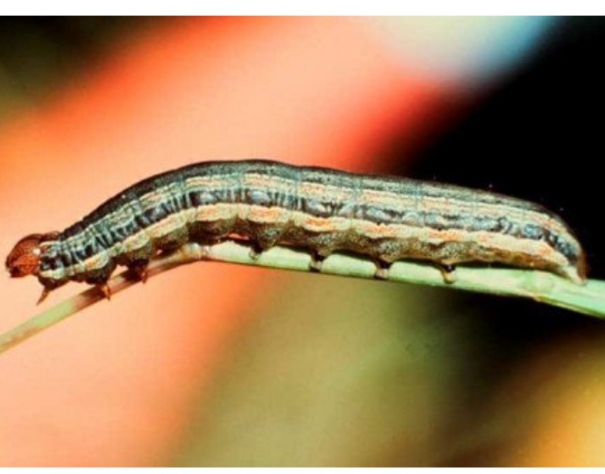A researcher at Jomo Kenyatta University of Science and Technology has given potato farmers hope after coming up with a bactericide that prevents bacterial wilt in potatoes.
George Oluoch, a PhD holder in Molecular Science has tested the innovation on various potato growing areas in the country and the results have been impressive.
What remains is the mass production of the product and stocking it at agro vets in the hope that it will end the frustrations that many potato farmers have been facing.
Addressing tens of innovators from the African continent at an expo at Jomo Kenyatta University of Agriculture and Technology (Jkuat) Wednesday, Oluoch said the innovation would provide a solution to not only local farmers but also in the continent.
“During a meeting of African potato farmers that I had attended in Malawi some months back, there was a discussion on this disease and concerns were raised on why there has not been a solution to this. We have now provided the solution,” he said.
Oluoch has taken more than three years to develop the prototype, with the major milestone coming after receiving funding from Pan African University (PAUSTI).
He says they tested the technology in the laboratory, in a greenhouse and further in the field and the results were encouraging.
Oluoch says the technology involves dissolving small quantities of the bactericide in water and drenching it on the potatoes after they sprout. After some time, the compound breaks into the soil thus dealing with the pathogen, preventing the bacteria from infecting the plant.
“The innovation involves using technology that encapsulates active molecules into very small particles and releases them slowly into the soil over a period of time. They thus prevent the bacteria from infecting the plant,” he said.
He said across the continent, the bacterium has no cure and farmers use cultural methods like uprooting the affected plant and crop rotation.
The only hope for the farmers, he adds, is for his innovation to get support from partners to produce on a large scale.
Among areas of partnership that Oluoch is looking at is in large-scale farming of plants that produce the drug. Other areas will be in funding to be able to produce the product in large quantities and stock them in the market.
He hopes the reception of the product among the farmers will be massive, given its efficacy and the value there-in.
“It costs Sh1, 100 per acre to drench an acre of potato field which is economically viable given the damage that the disease has to the farmers. So far, I have received several calls from farmers from the neighboring farms enquiring about the product and I hope through partnerships, it will be in the market soon,” Oluoch said.
Bacteria wilt, also known as brown rot of potato, is caused by the group of soil-borne bacteria in the Ralsonia solanacearum species complex.
Once it infects potatoes, the yield significantly drops due to wilt. It also affects the quality of the potatoes.

